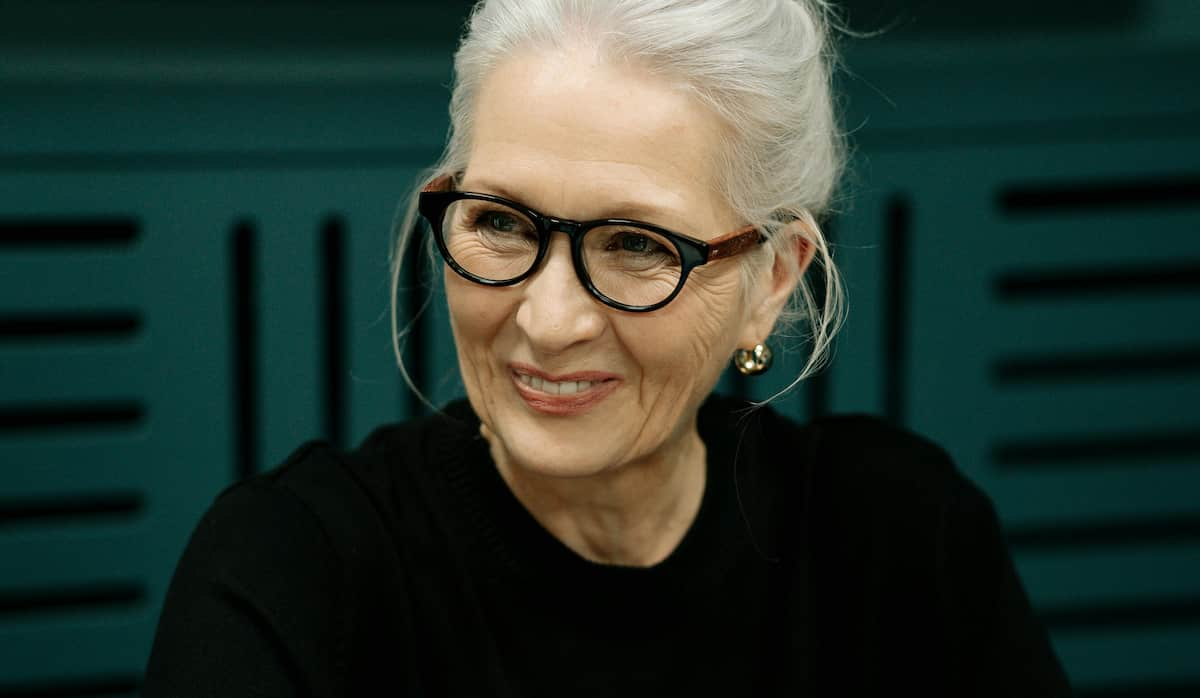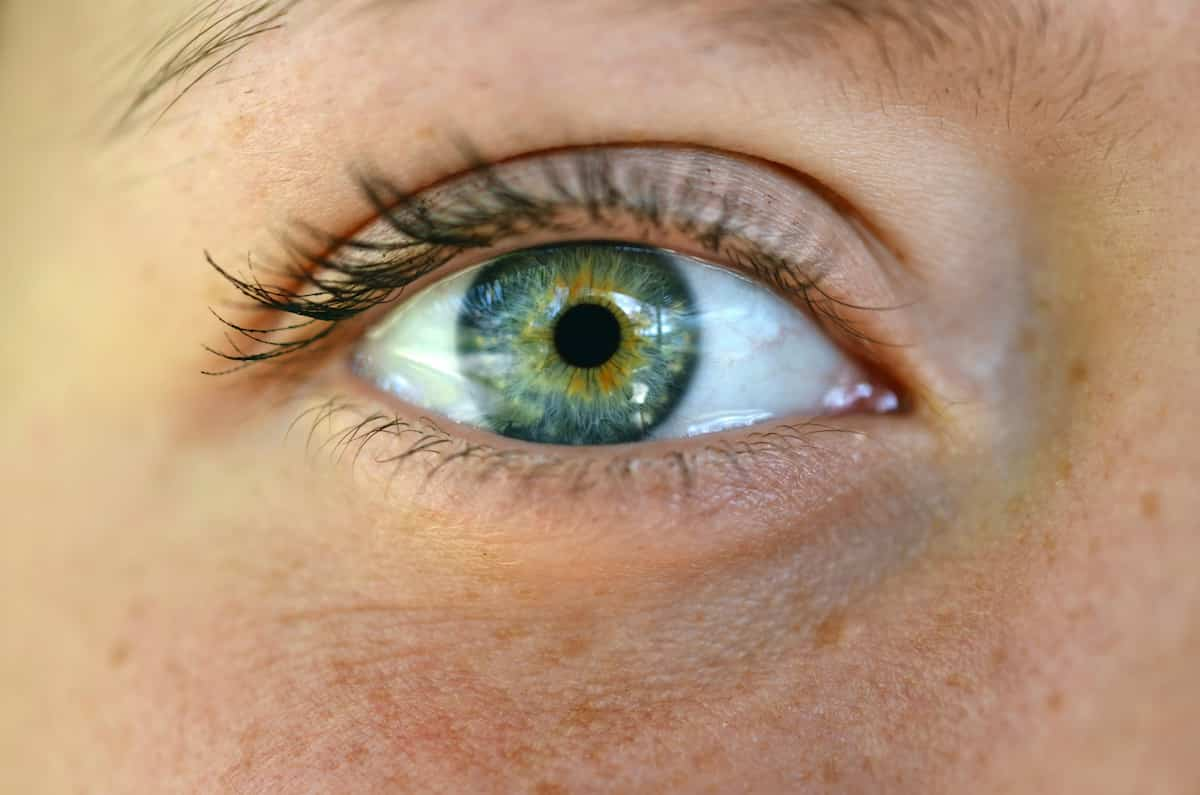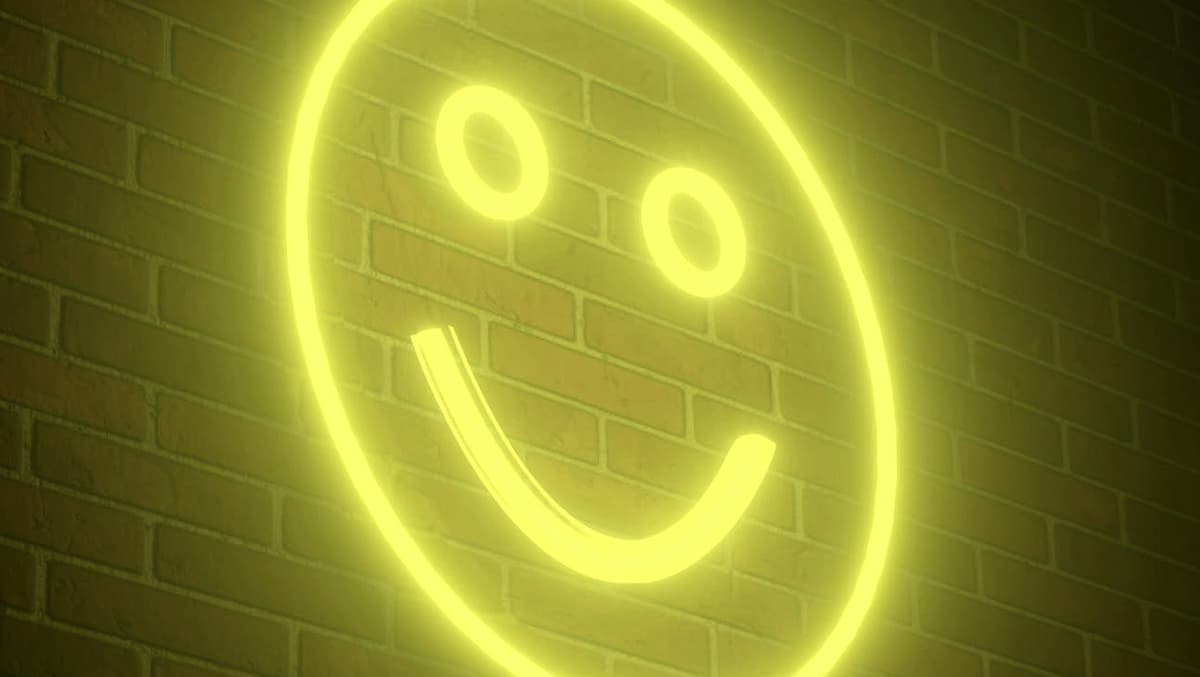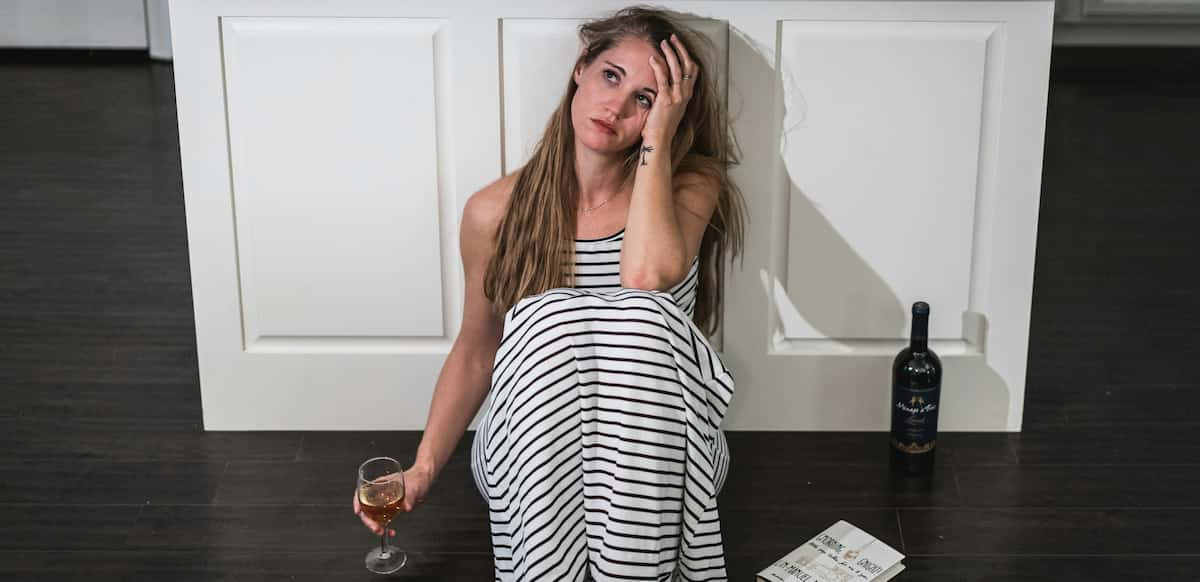The type of people who are more sensitive to negative emotions.
People who are more open to experience are at higher risk of depression.
People who are open to experience are more likely to be imaginative, sensitive to their feelings, intellectually curious and seekers of variety.
In particular, people who are into art and in touch with their emotions are more likely to experience depression.
It may be because artistic people are more sensitive.
The conclusion comes from a study of 143 people who were given tests of personality, focusing on the personality trait of openness to experience:
“Open individuals exhibit an increased awareness of, and receptiveness to, their feelings, thoughts, and impulses, as well as a need for variety, or a recurrent need to enlarge and examine experience.”
Some people in the study had never been depressed, some were depressed in the past and the remainder were currently experiencing depression.
The authors explained the results:
“Depressed participants (both current and past) scored significantly higher than nondepressed participants on the broad factor of Openness, as well as on both Openness to Aesthetics and Openness to Feelings.”
Sensitivity to the arts is probably linked to sensitivity to negative emotions, the authors write:
“It seems more likely that individuals who are attuned to beauty and the arts might be more sensitive, in general, and might therefore be more sensitive to, and affected by, negative events and stimuli.”
An appreciation of art and the experience of depression may be strongly linked:
“…the experience of depression may lead to an existential ”reexamination of the purpose of living,” and consequently bring the depressed individual “in touch with the mystery that lies at the heart of ‘tragic and timeless’ art”
Similarly, Ludwig (1994) suggested that the experience of depression (as well as other emotional problems) serves to fuel the writers “motivation for expression, . . . providing them with the basic ingredients for their art’.”
The study was published in the Journal of Personality Assessment (Wolfenstein & Trull, 1997).










